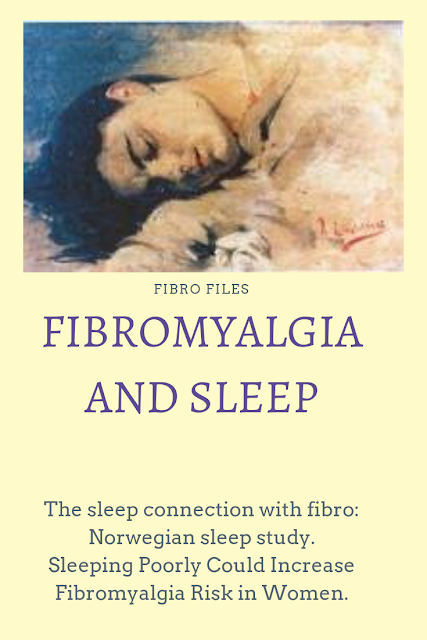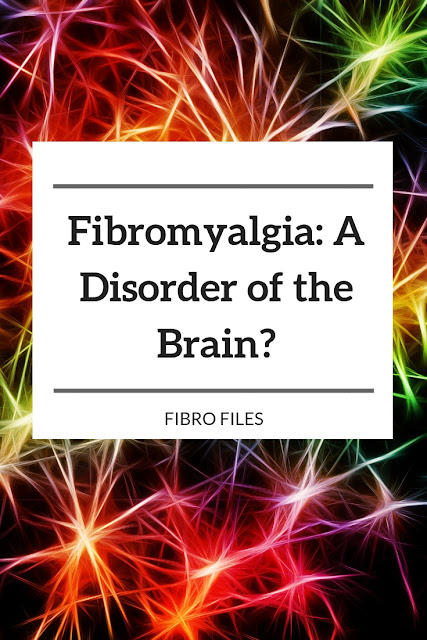 |
| This was a study on fibromyalgia, memory and exercise. |
I think this is an interesting study, especially for those of us with cognitive symptoms and those who are not happy taking medications for their Fibromyalgia.
Exercise has long been recommended to fibromyalgia patients, and some find it improves their sense of well-being.
"This is a first look at understanding how exercise alters memory performance, Dr. Brian Walitt, director of the Fibromyalgia Evaluation and Research Center at Georgetown University Medical Center said of the study.
The interesting part of the study, to me, was that when they initially took the fibro patients off the medicine, they performed worse on the tests and then the longer they stayed off the medications and exercised, their cognitive performance returned to normal levels. Also the women, in the study, had to do three thirty minute sessions of aerobic activity a week and Dr Walitt admitted that some people with Fibromyalgia may not be able to do this.
 |
| Look below for the complete infographic on how memory works |
The main take away for me from this research was that:
One of the main issues in brain fog is the inability to get oxygen and nutrients to the brain. In some people this can be a circulation issue so it makes sense that exercise can help.
So apparently the next time we are experiencing a bad bout of fibro fog we just have to remember to exercise! Well I guess really we should be exercising on a regular basis.
What kind of exercise will you be doing or are you doing regularly? I am doing hydrotherapy just once a week but I hope to increase that soon and I also do some simple arm and leg and neck exercises every single day.
I would love you to post the exercise you do here, especially if you feel it benefits your fibro.
You may also like this article on Yoga and the benefits to people with Fibromyalgia.
Yoga is not considered an aerobic activity but may be easier for some people to participate in.
SOURCES:
Brian Walitt, M.D., M.P.H., director, Fibromyalgia Evaluation and Research Center, Georgetown University Medical Center, Washington, D.C.; I. Jon Russell, M.D., Ph.D., fibromyalgia researcher and consultant, San Antonio, Texas; Nov. 13, 2011, presentation, Society of Neuroscience annual meeting, in Washington, D.C.





